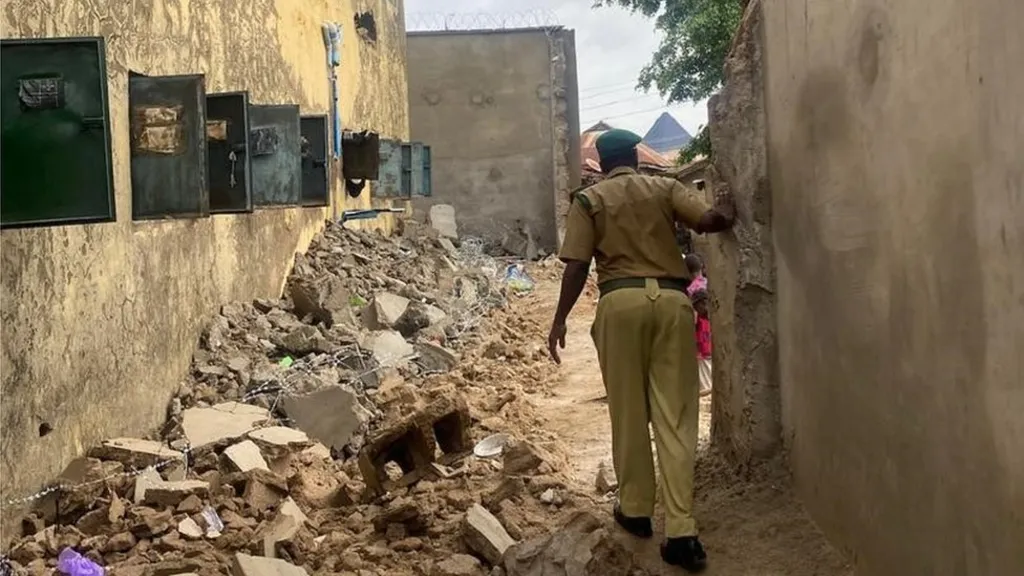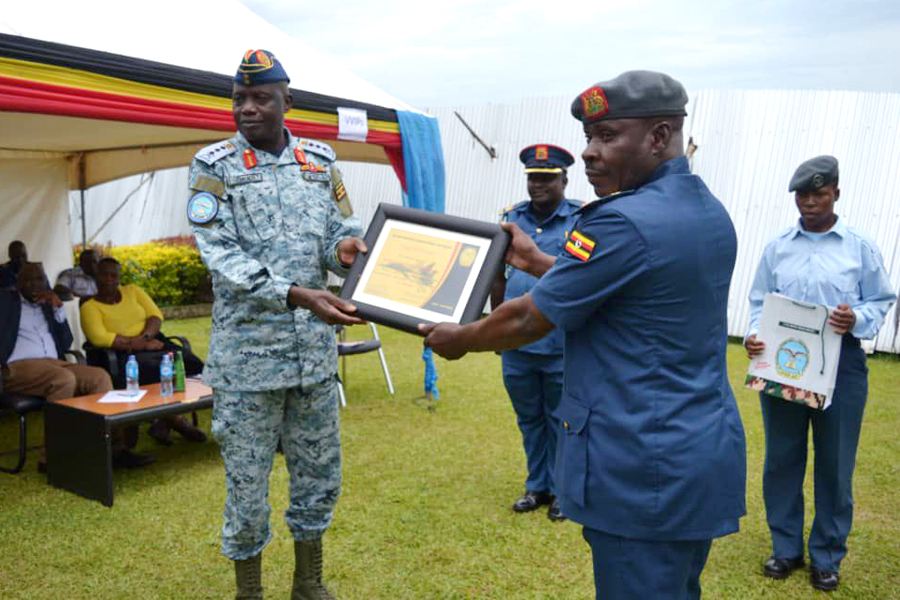Ministry of Health confirms Cholera outbreak in Kampala
In a statement released Monday, May 07, 2018 by the Ministry of health,
A total of seven cases have been confirmed and are currently undergoing treatment at the China Uganda Friendship Hospital, (CUFH) Naguru. Three of these cases are from one family residing in Mpigi District while the other four are from two families residing in Kalerwe in Kampala City.
In order to avert further spread of the disease, two isolation wards have been set up at Mulago National Referral Hospital and CUFH-Naguru.
Cholera is a serious acute infectious disease characterized by watery diarrhea and vomiting and kills a person. Other factors responsible for the spread of cholera include; poor personal hygiene such as not washing hands after using the latrine, using contaminated water, poor sanitation as occurs in open defecation eating foods or drinks prepared under unhygienic conditions.
Uganda is currently experiencing heavy rains which are likely to result in floods and contamination of water sources because of poor hygiene and sanitation and high water in certain districts. This will favor the spread of the outbreak of infectious and communicable diseases such as Cholera, Typhoid, Dysentery and Malaria in several districts.
To further arrest the transmission of Cholera, Ministry of Health and partners continue to undertake the following interventions:
- Intensified case management and surveillance of Cholera cases
- Active social mobilization and sensitization of communities on Cholera and its prevention and control measures.
The ministry of Health appeals to the general public to;
- Boil all drinking or add chlorine “water guard” or “aquatab”
- Open the water drainage channels around your homes and drain stagnant water
- Wash your hands with soap and clean water after using the toilet and before eating food.
- Cook food thoroughly and eat it while still hot. Always wash fruits and vegetables thoroughly with clean water before eating them and where possible peel before eating.
- Avoid eating cold food or drinking fluids packed in used plastic bags or “buvera”
- Collect water for the household use from National Water and Sewage Cooperation(NWSC) taps and avoid water from wells or springs because they may be contaminated by disease causing organisms
- Seek early treatment from the nearest Health Facility upon onset of symptoms.
The public is further urged to be vigilant and report any suspected cholera cases to the nearest health facility.













